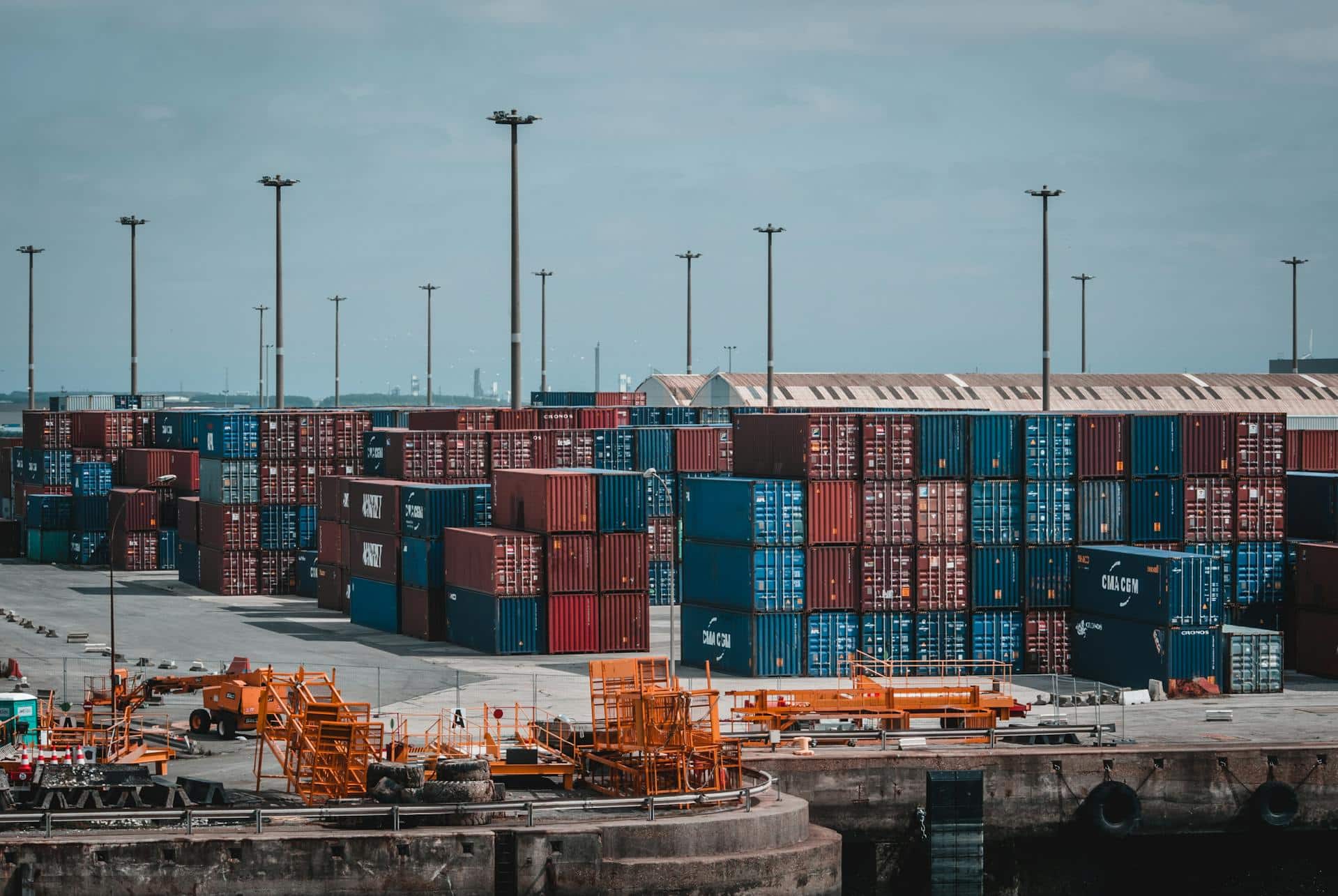Logistics plays a part in wide sectors of industry. If you need to move goods, whether around the UK or internationally, your logistics operations can impact all areas of your business. From customer satisfaction, to your overheads and bottom line. But regardless of how careful you are, all businesses face logistical difficulties at one time or another. And the best way to address them is to be prepared.
Five Common Logistics Challenges and How to Overcome Them
Transportation costs
The problem:
With the cost-of-living crisis, transportation costs have inevitably risen. And this can make a dramatic impact on your bottom line.
The solution:
Talk to your carrier. Your freight forwarder can’t simply absorb all of the increasing costs. But they may well be able to suggest a more cost-effective freight plan for your business. Whether it’s switching from standard road freight to groupage or multi-modal freight. Changing the frequency of your shipments to enable the consolidation of deliveries. Or switching from ad hoc to scheduled loads for a fixed price.
Supply chain disruption
The problem:
Any business that’s been in operation between 2020 and 2024 will understand just how susceptible their industry is to supply chain disruption. In the fast-moving consumer goods (FMCG) sector, in particular, there have been no end of supply chain difficulties since the advent of Covid-19. Along with the pandemic, we’ve seen geopolitical tensions and weather events disrupting the supply of goods almost everywhere, leaving many supermarket shelves empty. According to Barclays, in December 2022, 59% of firms said that they were facing supply issues. And there’s no simple fix.
The solution:
With so many different factors at play, supply chain disruption can be difficult to manage. The best thing most suppliers can do is to diversify their suppliers, so that they are not too reliant on a single merchant.
But you can also use technology to monitor your supply chain in real time. This can help you take evasive action at the earliest possible time, should you detect any potential issues.
Skills shortages
The problem:
The ‘global talent shortage’ has been well publicised. And it’s impacting almost all sectors. In logistics, this is generally being felt in two areas. There’s the driver shortage. And a scarcity of experienced administrative workers.
The solution:
A good freight forwarder won’t only remove your need to find drivers. But they can handle many of your administrative needs. Organising all of your logistics documentation, including customs, cargo manifest, bill of lading, etc. And handling any additional needs, such as warehousing and, where multi-modal transport is required, the handover between transportation suppliers.
Customs
The problem:
If you’re working internationally, navigating customs and excise can be trying. A lack of compliance can lead to your shipments being delayed or even seized. And land you with a hefty fine.
The solution:
There are two main ways you can approach customs compliance. You can either hire dedicated personnel to hand customs administration. And ensure that they have the relevant training for all of the territories that you work with. Or you can outsource your customs administration to your freight forwarder.
Customer service
The problem:
The world has become increasingly focused on customer service and experience in recent years. And with so much choice available – thanks, in part, to the internet, businesses can’t afford to neglect this area.
The solution:
Good customer service in logistics relies on transparency. Enabling your customers to track your goods at every step of the way, and providing clear information in the event of any delays is the first step towards customer excellence. You can do this through implementing a live tracking system yourself. Or by working with a freight forwarder that already has one in place.
You should also take steps to ensure that your goods reach your customer in the best possible condition. This not only means working with loaders and drivers who will take care when handling your goods. But ensuring that you use the right packaging. And select the right form of transportation.
Businesses are facing endless challenges in the current market. Enhanced competition and increasing overheads mean that it’s more important than ever to get things right for your customers. Logistics can play a vital role in that.
If you are looking for a reliable logistics partner, get in touch with Plexus Freight.


